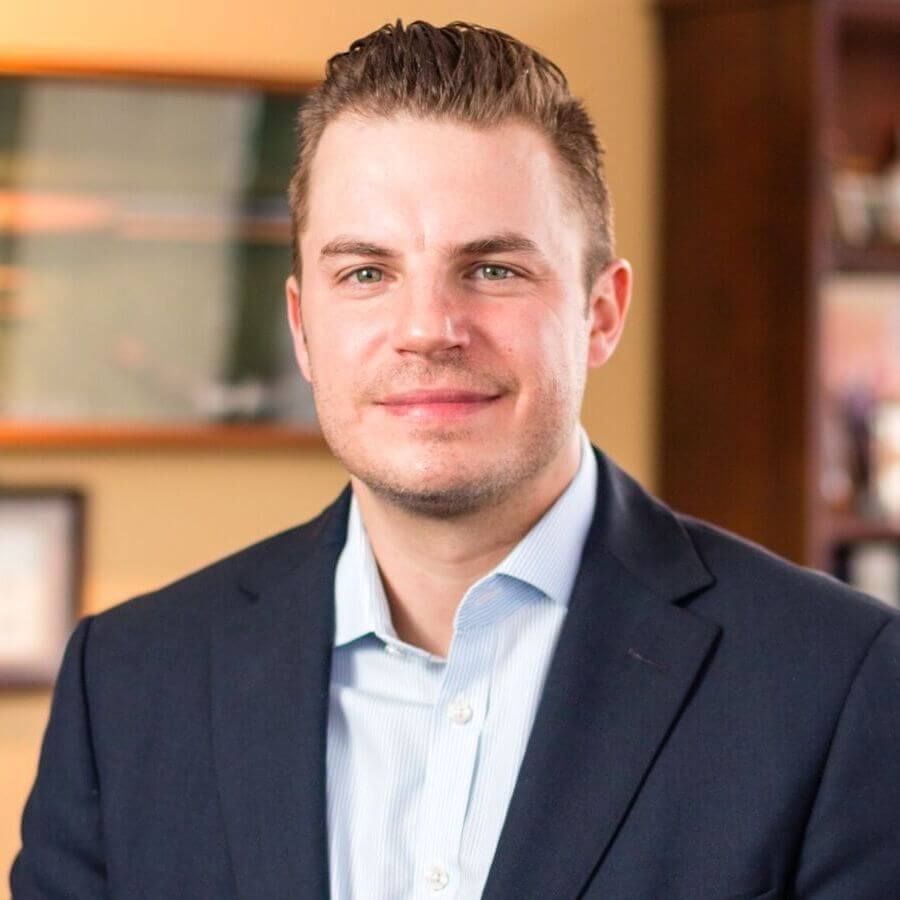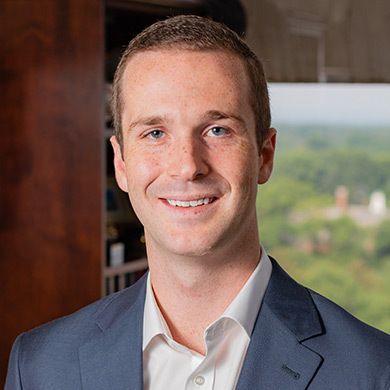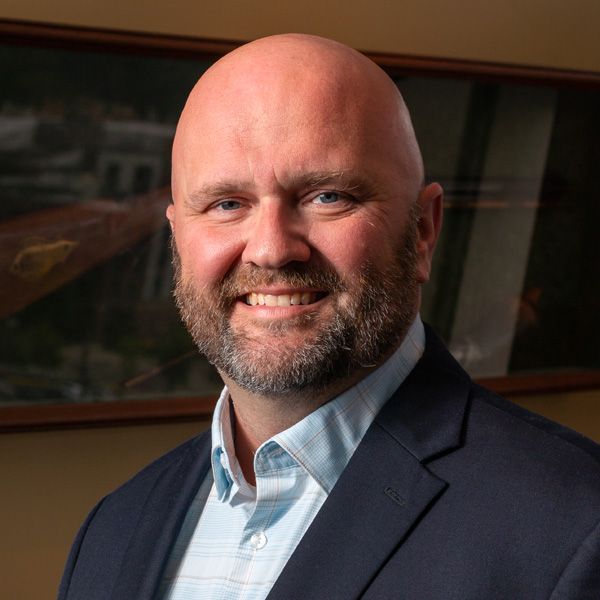How to build trust with skeptical HNW clients
Thursday, June 21, 2018
One of the few perks of modest resources: You can be pretty sure that your friends like you for yourself. They might also appreciate your cooking or your willingness to lend your truck, but they aren’t hanging out with you to heighten their social status or to tap into your professional network.
That’s not always the case when you have significant assets. Very wealthy people have to worry about gold diggers, swindlers and other insincere types who are after their money above all else. As a result, they can be suspicious and slow to trust even ethical financial advisors who specialize in meeting their needs.
Fortunately, there are ways that those specialists can work to gain the trust of wealthy clients and potential clients. That task takes on particular importance in the light of a CFA Institute survey that found that a majority of investors at all financial levels believe that their advisors fail to fully disclose their fee structure and conflicts of interest. Eighty-four percent of respondents said that these disclosures are a key factor in developing trust with a financial advisor. Just 35% of retail investors said that they believe their advisor puts clients’ interests ahead of their own.
Don’t be surprised if the wealthy aren’t completely open with you right away, says Elizabeth Miller, president and founder of Summit Place Financial in Summit, New Jersey. “It’s not unusual for these clients to start off suspicious and guarded,” she says. “They worry that a financial professional is going to take advantage of them, or that the advisor doesn’t know as much as the advisor says she does.”
Once she does gain a client’s trust, however, Miller says that she often hears an outpouring of information. “I think many successful people feel very isolated. Americans are also very reluctant to talk about money, plus there’s a general idea that, if you are that wealthy, you have no problems.”
But these clients do have real problems, Miller continues. “More success means more complexity, so that drives a desire to talk with someone about them. Every one of our clients has real concerns around family issues, how to best pass on success, how to make the money last. They need to know that their concerns are valid, and they deserve the respect of real solutions and real answers.” When they get those things, she says, the conversational floodgates open.
The importance of referrals: Mary Carter, principal of Mary Carter Financial Services in Jacksonville Beach, Florida, frequently works with very wealthy people and says that she rarely has trouble establishing a trusting rapport with a new client. Her secret? “I’m always referred to that person by someone they trust,” she says.
Sometimes the referrals come from current clients, but Carter also knows a stable of attorneys and accountants who sometimes refer clients to her, as well. “I trust them and they trust me, and the trust they’ve built up with clients spills over to me,” she says.
When someone in her circle abuses that trust, Carter ends the relationship. “I had another attorney turn rogue and start to name herself as a trustee on client documents,” she says. Carter explained the problem to every affected client, who then changed attorneys. “Everyone I work with, I trust and respect. That’s what I have to offer,” Carter says. “That attorney is dead to me.”
Connect on a human level: The rich are different from you and me, as writer F. Scott Fitzgerald famously said. But there are still many shared aims. “Let’s connect around what we have in common. If you’re a Cubs fan, we have a lot to talk about,” says Michael Resnick, senior wealth management advisor at GCG Financial in Deerfield, Illinois. “Politics, climate change, literature, music. The money doesn’t matter. You might agree completely about something or enjoy debating. Sometimes it’s something as mundane as the weather.”
Resnick remembers making a connection with a client after a colleague found her standoffish. A recent widow, the woman felt nervous that someone might take financial advantage of her. Resnick asked her about herself and her late husband, and she volunteered stories about her children and grandchildren as well, as she grew increasingly at ease. “My job was just to listen and get to know her,” Resnick says. “My colleague said that when I first walked in, the client looked suspicious. But within five minutes, there was a comfort between us.”
Demonstrate that you’re familiar with the challenges of wealth: Miller doesn’t talk about the nuts and bolts of building a portfolio during her first meeting with a potential client, and she spends about two-thirds of the appointment listening. But she does tell stories about existing clients who have similar situations and family challenges, and how Miller resolved those issues for her clients. “The solution for one client isn’t necessarily the solution for another, but we hope that they see themselves in the stories we tell,” she says.
Neil Waxman, managing director of Capital Advisors Ltd. in Shaker Heights, Ohio, also finds ways to show clients that he understands how to meet the challenges of substantial wealth.
He recalls a client who had recently sold a business and was interviewing potential wealth managers. “I’d researched where he was engaged philanthropically and on boards, plus I knew what I had gathered from the investment banker, and I could see that this was our kind of client,” he says. “Then we talked about what he’d done and hoped to do next, and about his objectives beyond financial security. This was the biggest and last paycheck he ever got.”
At that point, Waxman showed the client his firm’s proprietary model for assessing their wealthy clients’ risk, asset allocation, charitable giving, estate planning and other concerns. “That was the road map that he needed,” Waxman says. “They want to know that you have experience with their kind of circumstances.” The client signed up with Capital Advisors soon thereafter.
Longer-term trust takes time, of course. But good referrals, good listening and demonstrations that wealthy clients’ problems are familiar ones can get you on your way.
How to build trust with skeptical HNW clients, By Ingrid Case, Published June 14 2018, 2:37pm EDT
The views and opinions expressed herein are those of the author and may or may not represent the views of Capital Analysts or Lincoln Investment. Articles are not written or produced by the named representative and the information has not been verified. There is no guarantee as to the completeness or accuracy of the content. Quotes and remarks have been excerpted from conversations with the interviewer and may have been taken out of context. All remarks are hypothetical in nature and are intended to be informational only. They should not be regarded as investment advice, performance claims or testimonials. This is not a solicitation, recommendation or endorsement of any investment, investment strategy, tax strategy or legal advice. There is no guarantee that any strategies discussed will result in a positive outcome or the achievement of financial or retirement goals. A plan of regular investing does not assure a profit or protect against loss in a declining market. You should discuss any legal, tax or financial matters with the appropriate professional. All investing involves risk and no investment strategy can guarantee a profit or protect against loss, including the potential loss of principal.
S&P 500 Index is an index of 500 of the largest exchange-traded stocks in the US from a broad range of industries whose collective performance mirrors the overall stock market. Investors cannot invest directly in an index. Past performance is no guarantee of future results. Neither asset allocation nor diversification guarantee a profit or protect against a loss.
You should be aware of and carefully consider the following points before determining whether alternative investments are appropriate for you. Alternative investments include, but are not limited to, investments in hedge funds, fund of hedge funds, CTAs, private equity funds, real estate funds and managed account platforms. Alternative investments are very speculative and are highly risky. Alternative investments are not regulated. They may employ speculative and risky investment strategies. They may have limited liquidity and carry high management fees. They may have little or no operating or performance history. Past performance is no guarantee of future results. There are no guarantees of profit.
A commodity is a basic good used in commerce that is interchangeable with other commodities of the same type. Commodities are most often used as inputs in the production of other goods or services. The quality of a given commodity may differ slightly, but it is essentially uniform across producers. When they are traded on an exchange, commodities must also meet specified minimum standards, also known as a basis grade.









